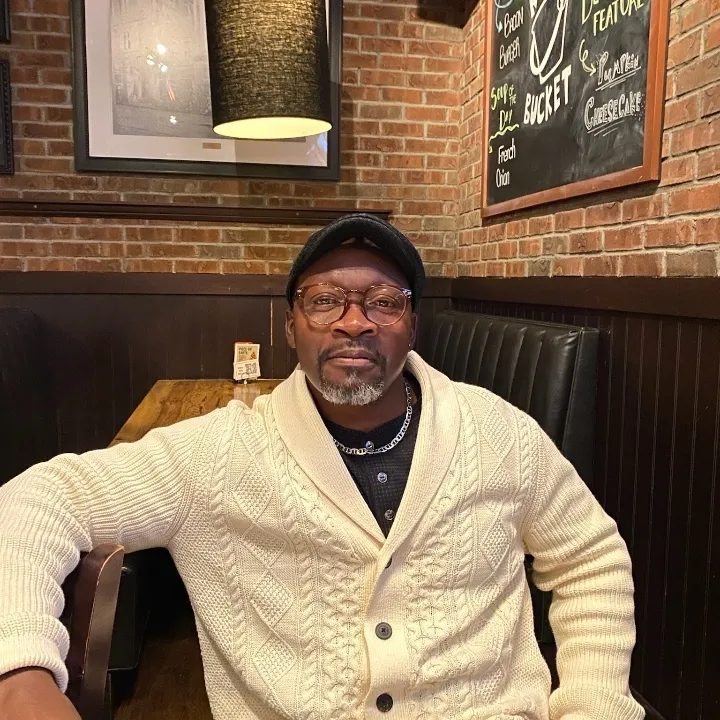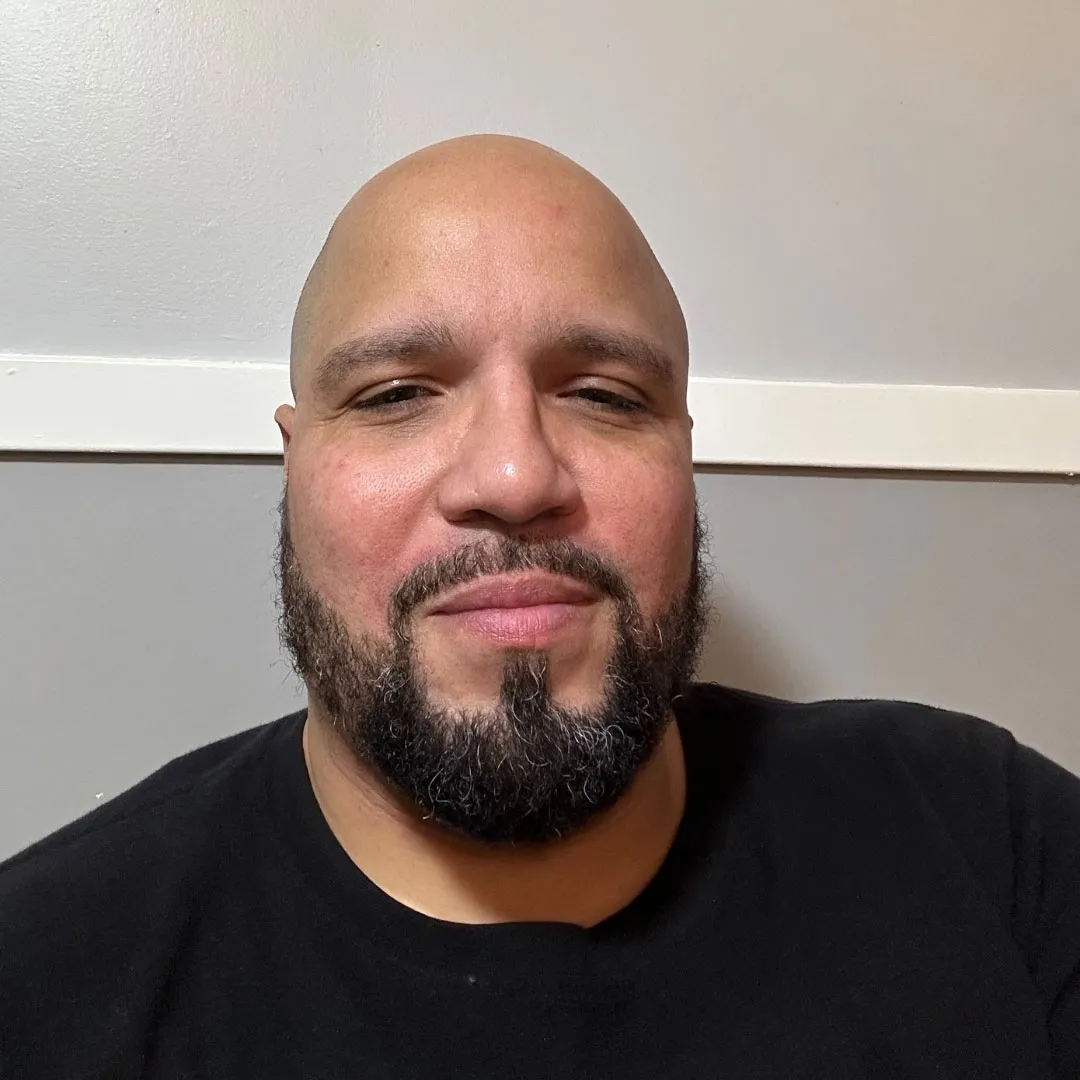Growing up in Wilmington, North Carolina, Eddie always had a desire to get his commercial drivers license (CDL) and drive trucks.
“I just loved seeing how high the cab was up above traffic, looking down on everyone,” he said. “And the freedom of the open road appealed to me.”
When Eddie left prison after serving 34 years, he had a plan for a job on his first day out, working for his cousin doing concrete construction. He relocated to Charlotte, started his own side business after he’d gained some experience, and eventually worked for himself.
“I kept busy, but I didn’t account for inclement weather and didn't have any employees,” he said. “I came to a point where I had to go back into construction for a temp agency.”
He wanted to get his CDL permit and start trucking school, but it was $4,000 for the school and the bank wouldn’t give him a loan.
“I wanted to drive so badly. My friend told me that he knew someone who could help, and that’s how I got involved with the Center for Employment Opportunities (CEO),” he said. “I wanted to think in terms of a long-term career, but I didn’t have the resources for that.”
After reaching out to CEO, he was interviewed by a job coach and he provided all the necessary documentation to start work right away. He went to the safety orientation and started working on a transitional work crew at CEO, but he never stopped talking about trucking school and his vision of getting his CDL.
“My first impression of my job coach was that she was dedicated and passionate about what she was doing,” he said. “I was grateful and felt blessed that someone gave me a chance to work, and listened to what my interests were.”
Two weeks after he started on the transitional work crew, he passed his CDL permit test and was reimbursed for the cost by CEO. Seeing his dedication to the trade, one week later his job coach informed him that CEO would pay for his trucking school tuition - a total of $4,000.
CEO had a relationship with Trans-Tech Trucking School in Charlotte and paid Eddie $315 a week to train for a month. He earned his CDL license - a major life goal - and started to job hunt with the help of his support team.
“Most trucking companies want you to have one year experience before they hire you,” he said. “So it was hard to find an entry-level position, even with CEO helping me. Eventually, I got an interview with Carolina Premium Beverage, and my job coach helped me prepare.”
He went in for his interview and got hired on the spot. His job coach was thrilled that he was finally going to get to do what he always wanted to.
“CEO had staff available for anything I needed, but I didn’t ask for much until I had to,” he said. “You can extend a hand to someone, but they still have to do the work. CEO gave me the opportunity, and I took advantage of it and worked hard.”
Eddie now drives for a major beer company and distributes to a local route. He’s home every night and loves what he does for a living. But he still gives back to CEO and attends critical programs that affect change in the justice system.
CEO’s Policy Committee meets every Tuesday on Zoom, and Eddie participates in each session, earning $50 each week for his involvement. The group learns methods to improve the reentry process for people returning from incarceration and makes impact by steering policy change. In North Carolina, there is little public investment in helping people earn credentials, like a CDL, or earn first-time job experience and durable skills during reentry.
“I can’t express enough how grateful I am to CEO for helping me get on the path to a good career."
"A lot of people don’t pass CDL the first try, so they were impressed with my knowledge and drive,” he said. “I didn't want to be a burden on anyone. I’m motivated to stay on the right path. CEO gave me a chance, and the company I drive for gave me a chance.”
As we move into the new year, North Carolina lawmakers can create more opportunities and reduce recidivism during reentry by investing in job training opportunities for people across the state.




